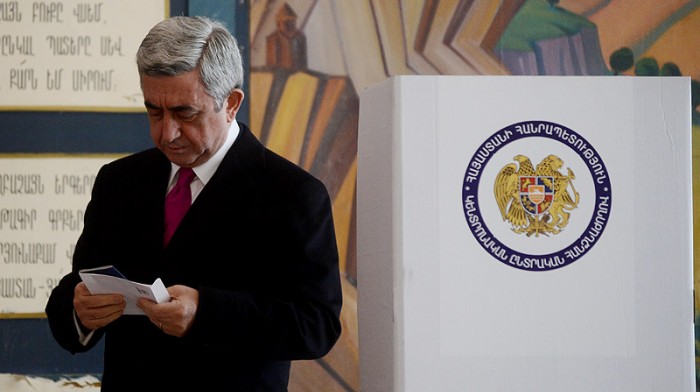
On Sunday April 2, 2017, Armenians went to the polls for parliamentary elections. According to the election results, as expected, the Armenian Republican Party under the leadership of Serzh Sargsyan took first place with 49% of the votes. This election is an important step for Armenia. After the referendum in December 2015, it was decided to transition from semi-presidential system to parliamentary system[1]. With this change, steps have been taken to reduce the powers of the President and to strengthen the Prime Minister and Parliament.
With regard to the elections held on 2 April, the public and observers are not in consensus on whether the elections were held fairly. One of the reasons that create suspicion are claims regarding the casting of votes in return for money. These claims were also confirmed by international observers from the Organization for Security and Cooperation in Europe (OSCE). Vote-buying and the intimidation of voters during the elections were also pointed out by Heidi Hautala[2], the Head of the delegation from the European Parliament. As in the elections on May 6, 2012, this year’s election was also observed by OSCE. OSCE observers who observed the parliamentary elections in Armenia have revealed that there were irregularities in the elections held this year as was the case in the 2012 elections. In the 2012 election results, in which the Armenian Republican Party, under Sargsyan's leadership, was the first party with 44.02% of the votes, although it was pleasing that there was no acts of violence, the fairness of the elections were overshadowed by cases of "vote-buying", voting papers being filled with beforehand and multiple voting.[3] While the EU has drawn a relatively positive picture regarding the 2 April 2017 elections, it also mentioned instances of vote-buying, intimidation of voters, pressures on civil servants and private sector employees, and pointed out that this has led to the shaking of public confidence. Nevertheless, it stated that the election result reflected the choice of the Armenian people[4]. Yet, ‘vote-buying' has become a tradition in elections in Armenian[5]. Such cases have been recorded in previous elections[6]. It is reported that the final report of the OSCE observers will be issued approximately eight weeks after the end of the electoral process[7].
In the 2017 parliamentary elections, despite some minor technical problems and relatively few irregularities compared to previous years, cases of multiple voting were recorded by observers[8]. Yet, in spite of all these irregularities, it is significant that the European Union (EU) expressed its respect for the elections of the Armenian people. It appears that the EU is pleased that the Armenian people are standing behind Sargsyan. The EU is known for its different approach to some of the Eastern countries, including Armenia. However, the EU’s assessment of the election frauds as a normal situation is an attitude that shouldn’t be adopted by an international institution that is supposed to be impartial and fair. Furthermore, EU is also expected to be impartial and fair. This attitude is also incompatible with principles of justice.
Two weeks before the elections, on March 21, 2017, the "Comprehensive and Enhanced Partnership Agreement" (CEPA) was initialed between the EU and Armenia within the framework of the "European Union Eastern Partnership"[9]. The aim of this partnership agreement is not only to support Armenia, but also to improve relations. This agreement is one step behind of the Eurasian Economic Union agreement between Armenia and Russia, which was signed in 2013 after Armenia returned from the verge of signing an agreement with the EU.[10] Therefore, this agreement will not bother Russia. Yet, as suggested by its very name, CEPA is an agreement within the framework of the the EU’s policy of opening to eastern countries.
Another importance of the fact that CEPA was initialed two weeks prior to the elections is that the EU is politically involved in the Armenian parliamentary elections. This is similar to Russia's involvement in the elections in the United States and France. Yet, in Armenia, the EU was not only involved in the elections, but it also placed the elections under its watch. It allocated millions of dollars for the electronic monitoring of elections[11].
The CEPA, which has been initialed between the EU and Armenia, is expected to be signed at the ‘Eastern Partnership Summit' in November 2017[12]. At present, Sargysan has time until November 2017. As long as Russia does not object to the agreement, Armenia will be able to sign CEPA. If Russia approves the signing of this agreement between the EU and Armenia, President Serzh Sargsyan will not hesitate to sign the agreement.
[1] OSCE/ODIHR, “Needs Assessment Misson Report, Republic of Armenia Parliamentary Elections,” 2 April 2017. s. 1. accessed 10 April 2017, https://www.osce.org/odihr/elections/armenia/293546?download=true
[2] “Legal and tachnical reforms bring improvements in well administered Armenian elections, but process tainted by credible information of vote-buying and pressure on voters, international observers say,” accessed 7 April 2017, http://www.osce.org/office-for-democratic-institutions-and-human-rights/elections/309161
[3] Lütem, Ömer Engin. “Ermeni Araştırmaları”, Olaylar ve Yorumlar, Sayı: 41 s. 64, 2012.
[4] “Statement by the Spokesperson on the Parliamentary elections in Armenia, ” accessed 10 April 2017, https://eeas.europa.eu/headquarters/headquarters-homepage_en/24071/Statement%20by%20the%20Spokesperson%20on%20the%20Parliamentary%20elections%20in%20Armenia
[5] “Sale of votes has become a tradition in Armenia,” accessed 10 April 2017, http://newtimes.az/en/foreignpress/13/
[6] Lütem, Ömer Engin. “Ermeni Araştırmaları”, Olaylar ve Yorumlar, Sayı: 41 s. 64, 2012.
[7] “Election Observation Mission. “Parliamentary Elections, 2 April 2017,” accessed 10 April 2017, http://www.osce.org/office-for-democratic-institutions-and-human-rights/elections/armenia/293071
[8] “Statement by the Spokesperson on the Parliamentary elections in Armenia, ” accessed 10 April 2017, https://eeas.europa.eu/headquarters/headquarters-homepage_en/24071/Statement%20by%20the%20Spokesperson%20on%20the%20Parliamentary%20elections%20in%20Armenia
[9] “The Armenia-EU Comprehensive and Enhanced Partnership Agreement initialled,” accessed 10 April 2017, http://www.mfa.am/en/press-releases/item/2017/03/21/arm_eu_cepa/
[10] Çağan Elbir, Hazel. “Ermenistan’ın Denge Syaseti,” accessed 10 April 2017, http://avim.org.tr/tr/Yorum/ERMENISTAN-IN-DENGE-SIYASETI
[11] “EU Invests Unprecedented Funds in Armenia’s Upcoming election,” accessed 10 April 2017, http://www.civilnet.am/news/2017/03/18/EU-Invests-unprecedented-funds-in-Armenia%E2%80%99s-upcoming-election/310930
[12] “Armenia’s Doubt’s on Russia Ties Prompt Pro-EU Maeuvering” [12 Nisan 2017] https://www.therussophile.org/armenias-doubts-on-russia-ties-prompt-pro-eu-maneuvering.html/
© 2009-2025 Center for Eurasian Studies (AVİM) All Rights Reserved
No comments yet.
-
 BOOK REVIEW: THE ARARAT ILLUSION – DAVID D. MINIER
BOOK REVIEW: THE ARARAT ILLUSION – DAVID D. MINIER
Hazel ÇAĞAN ELBİR 25.12.2017 -
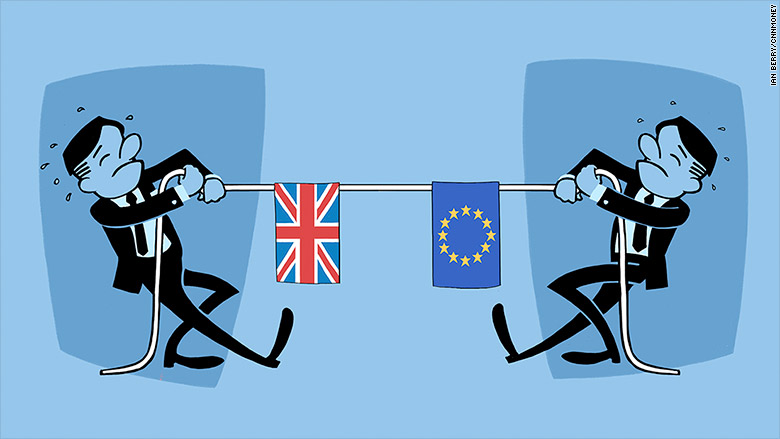 BREXIT PROCEEDS BUT UNITED KINGDOM IS HESITANT ABOUT BREXIT
BREXIT PROCEEDS BUT UNITED KINGDOM IS HESITANT ABOUT BREXIT
Hazel ÇAĞAN ELBİR 02.03.2018 -
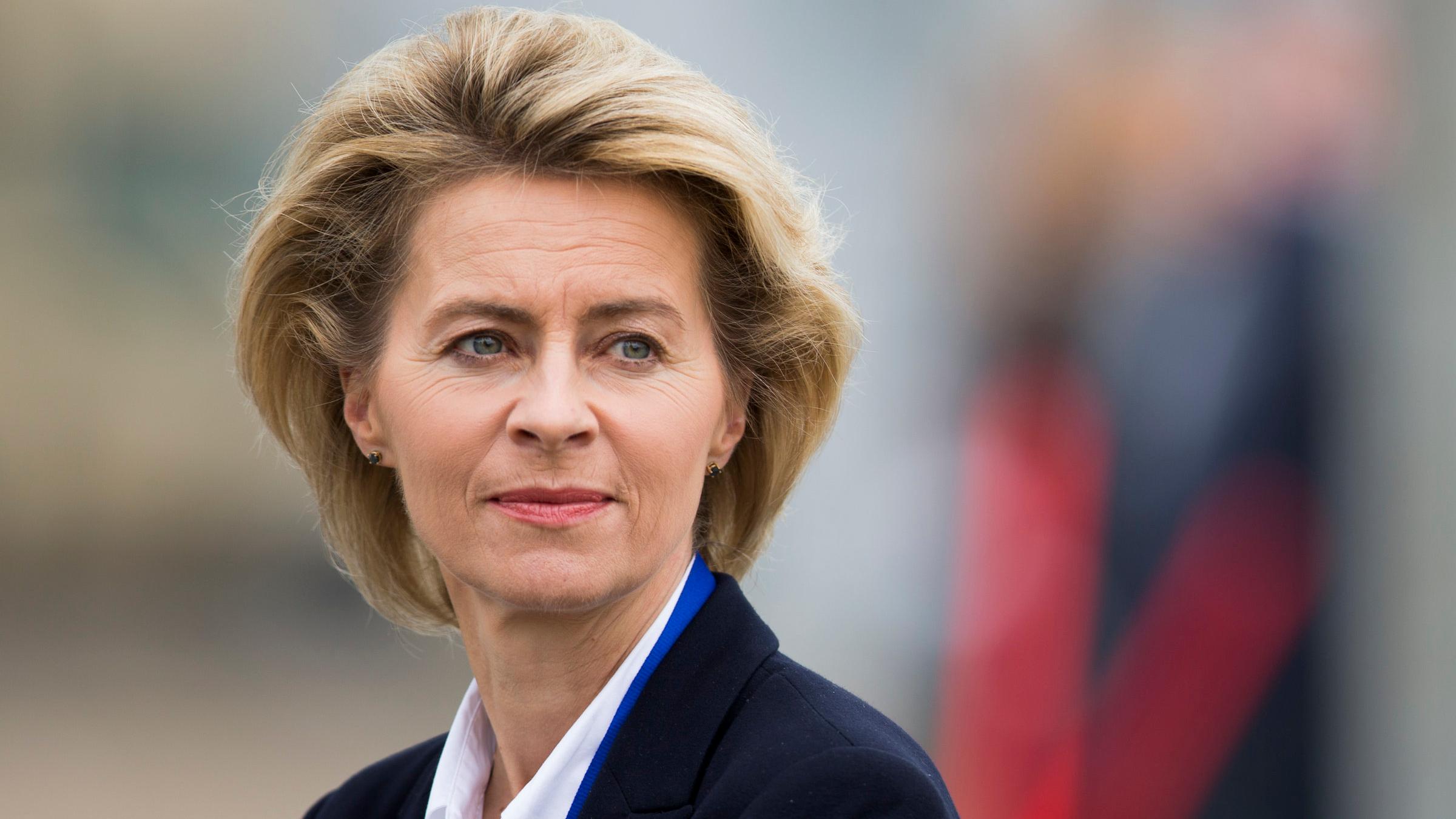 EUROPEAN COMMISSION PRESIDENT DISREGARDS DIPLOMATIC COURTESY
EUROPEAN COMMISSION PRESIDENT DISREGARDS DIPLOMATIC COURTESY
Hazel ÇAĞAN ELBİR 27.07.2021 -
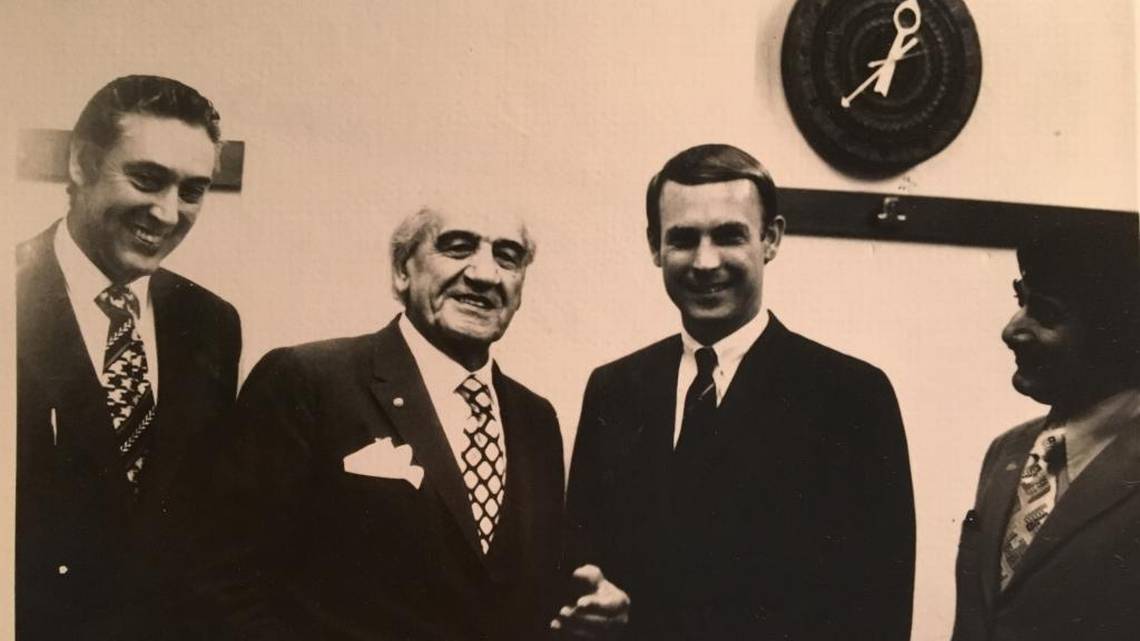 A SHAMEFUL U TURN FROM THE AUTHOR OF "ARARAT ILLUSION"
A SHAMEFUL U TURN FROM THE AUTHOR OF "ARARAT ILLUSION"
Hazel ÇAĞAN ELBİR 07.02.2018 -
 TERRORISM SUPPORTED BY THE FRENCH COMPANY LAFARGE AND FRANCE
TERRORISM SUPPORTED BY THE FRENCH COMPANY LAFARGE AND FRANCE
Hazel ÇAĞAN ELBİR 26.10.2022
-
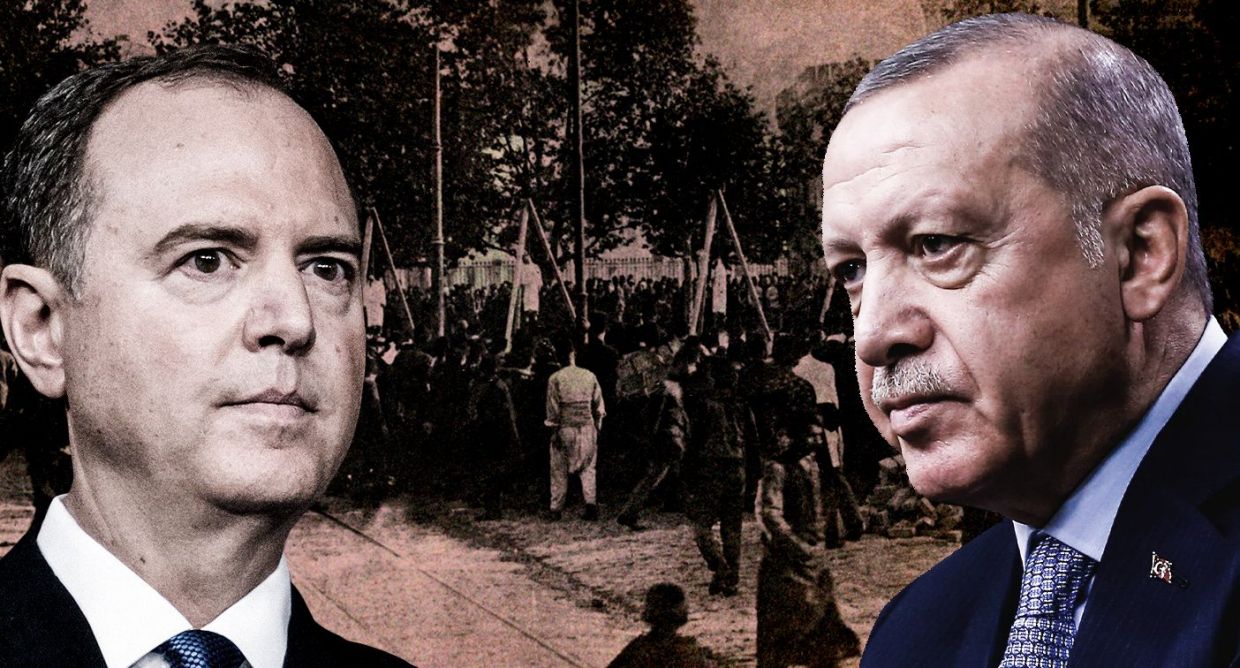 ARE ARMENIAN CLAIMS SUBJECT TO ABUSE?
ARE ARMENIAN CLAIMS SUBJECT TO ABUSE?
Tutku DİLAVER 01.11.2019 -
THE U.S. GENOCIDE DRAFT RESOLUTION AND THE PROTOCOLS
Ömer Engin LÜTEM 09.02.2010 -
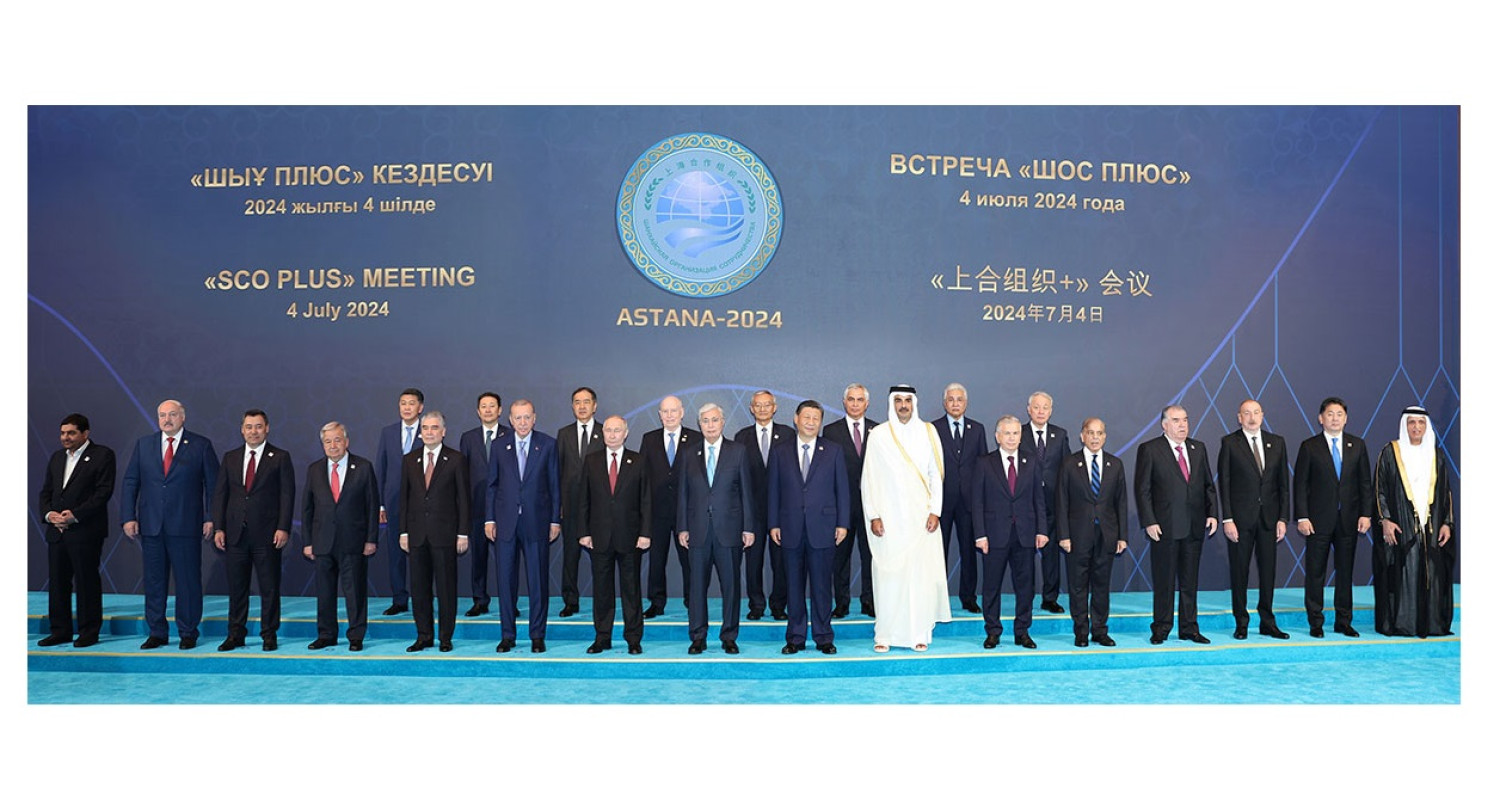 24TH MEETING OF THE COUNCIL OF HEADS OF STATE OF THE SHANGHAI COOPERATION ORGANIZATION
24TH MEETING OF THE COUNCIL OF HEADS OF STATE OF THE SHANGHAI COOPERATION ORGANIZATION
Gülperi GÜNGÖR 09.08.2024 -
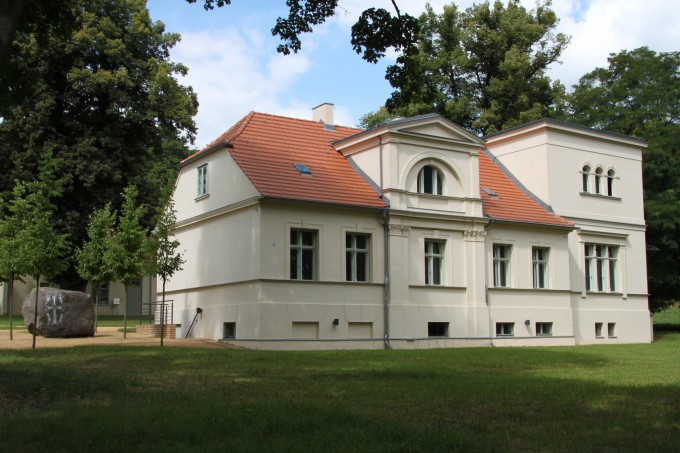 TWO STATEMENTS REGARDING 10TH WATS MEETING
TWO STATEMENTS REGARDING 10TH WATS MEETING
AVİM 20.09.2017 -
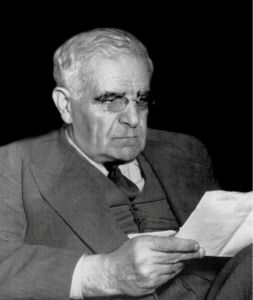 THE OTHER SIDE OF THE COIN: 24 APRIL
THE OTHER SIDE OF THE COIN: 24 APRIL
AVİM 21.02.2019
-
25.01.2016
THE ARMENIAN QUESTION - BASIC KNOWLEDGE AND DOCUMENTATION -
12.06.2024
THE TRUTH WILL OUT -
27.03.2023
RADİKAL ERMENİ UNSURLARCA GERÇEKLEŞTİRİLEN MEZALİMLER VE VANDALİZM -
17.03.2023
PATRIOTISM PERVERTED -
23.02.2023
MEN ARE LIKE THAT -
03.02.2023
BAKÜ-TİFLİS-CEYHAN BORU HATTININ YAŞANAN TARİHİ -
16.12.2022
INTERNATIONAL SCHOLARS ON THE EVENTS OF 1915 -
07.12.2022
FAKE PHOTOS AND THE ARMENIAN PROPAGANDA -
07.12.2022
ERMENİ PROPAGANDASI VE SAHTE RESİMLER -
01.01.2022
A Letter From Japan - Strategically Mum: The Silence of the Armenians -
01.01.2022
Japonya'dan Bir Mektup - Stratejik Suskunluk: Ermenilerin Sessizliği -
03.06.2020
Anastas Mikoyan: Confessions of an Armenian Bolshevik -
08.04.2020
Sovyet Sonrası Ukrayna’da Devlet, Toplum ve Siyaset - Değişen Dinamikler, Dönüşen Kimlikler -
12.06.2018
Ermeni Sorunuyla İlgili İngiliz Belgeleri (1912-1923) - British Documents on Armenian Question (1912-1923) -
02.12.2016
Turkish-Russian Academics: A Historical Study on the Caucasus -
01.07.2016
Gürcistan'daki Müslüman Topluluklar: Azınlık Hakları, Kimlik, Siyaset -
10.03.2016
Armenian Diaspora: Diaspora, State and the Imagination of the Republic of Armenia -
24.01.2016
ERMENİ SORUNU - TEMEL BİLGİ VE BELGELER (2. BASKI)
-
AVİM Conference Hall 24.01.2023
CONFERENCE TITLED “HUNGARY’S PERSPECTIVES ON THE TURKIC WORLD"









